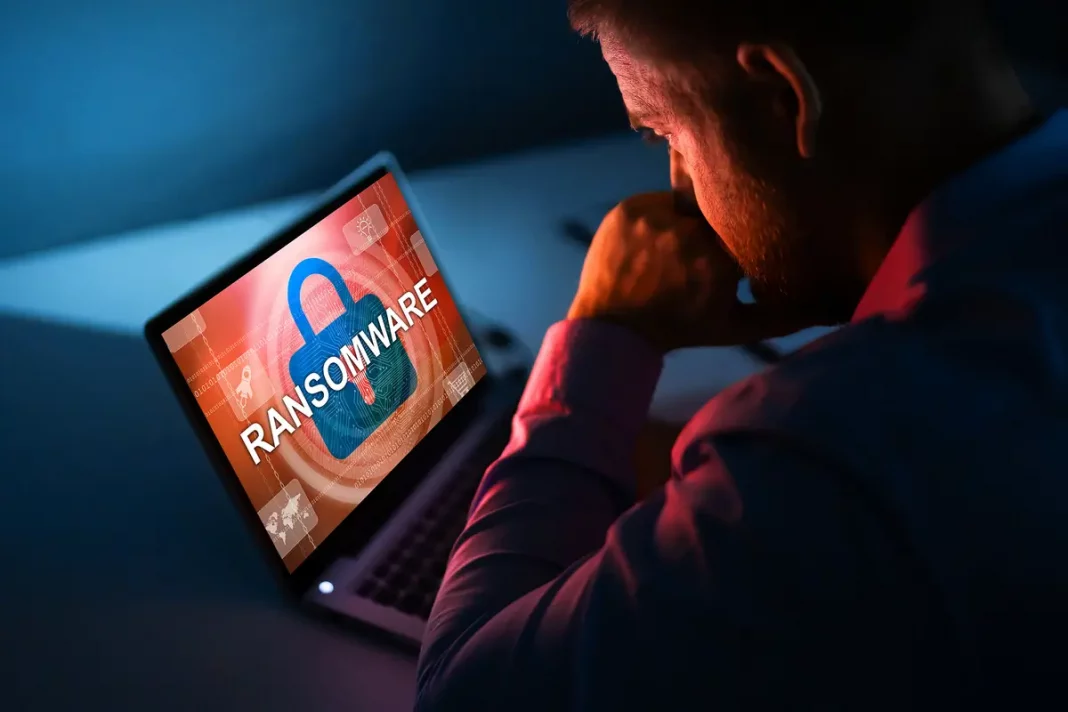If you have noticed a ransomware attack on your PC, you should take steps to protect your data. Create backups to protect your data, try to negotiate with the attackers, and restore your unencrypted data to an isolated location. If you cannot restore your data, you should take pictures with your phone and file a police report. Also, disable your PC’s internet connection so the ransomware cannot spread. You should also check any other devices connected to the PC.
All crucial files should be regularly backed up in full, isolated from local networks, and frequently. The ransomware detection solutions include automation and malware analysis to find infected files early. Adversaries frequently conceal ransomware in open applications.
Creating secure backups
Creating secure backups for critical business systems is essential to avoiding ransomware attacks. It is important to ensure that backups are thorough, air-gapped, and regularly tested. Ransomware is not always detectable, but it has the potential to encrypt or corrupt your backups.
You can create backups on several methods, including network-attached drives, cloud services, and local storage devices. However, each method comes with its risks. The best way to protect your data from ransomware is to back it up daily and store it offsite.
One of the most dangerous cyber threats is ransomware. As the most frequent assault, it overtook credit card data theft. In the majority of cases, however, users were able to restore data from their backup. Furthermore, backups cost less than paying the ransom, making them the best choice for recovering lost data in an emergency.
Another way to protect against ransomware is to install anti-malware software that prevents malware from launching on your system. It is also essential to back up important files regularly and isolate them from network traffic. Additionally, use immutable backup options, which are fixed and cannot be deleted, ensuring to easily restore the data you need even if you get infected.
Negotiating with attackers
There are several ways to negotiate with attackers to get away from ransom malware. To protect your password from them, you can use encryption technologies like ProtonMail or a chat platform called Tor. Tor is an open-source privacy network. As with any negotiation, it’s important to keep your communications minimum. You should only discuss the details of the ransom with the hacker if you have their approval. It would be best to keep federal regulations in mind to avoid the risk of being caught.
While getting caught up in the panic over ransomware attacks, it’s important to remain professional throughout the process. There are legal issues related to ransom payments. Further, third-party payment providers may be unwilling to facilitate payments due to the OFAC advisory. There are payment facilitators that specialize in ransomware negotiations.
Restoring unencrypted data to a new, isolated location
Before performing a data restore, ensure you have a recent backup. You can also use System Restore to restore your PC to a previous state which will restore your data and allow you to restore the file system to a state before the ransomware infects it. System Restore is enabled by default.
The best protection against ransomware is a regular backup of all files. A backup is a copy of your files stored on an external drive. If your backup contains encrypted data, you must restore it to a new, isolated location to keep it from being infected by ransomware.
In case the ransomware hasn’t affected your files, you can use the shadow copy feature to restore the files to an earlier version. Windows 10 and Windows 8 allow you to do this easily. However, it is important to remember that shadow copies only work with basic file coders and are ineffective in doxing situations.
Avoid paying ransom
Although paying the ransomware may seem simple to get your computer back, it’s risky. By following the advice of the FBI, you can avoid paying the ransomware and protect your computer. Sometimes, payment may be illegal, and you may incur additional legal costs.
Cybercriminals profit from ransomware payments. It’s worth noting that a ban on paying ransoms would eliminate the means for cybercriminals to make money. However, such a ban would be difficult to enforce. Even if you receive the key, there’s no guarantee that the criminals won’t return.
This practice encourages attackers. Paying the ransom gives the hacker group funds needed to carry out more attacks. Many ransomware groups ask for a second payment to release encrypted data.
Apart from this if you are interested to know more about Better to Sell Your House for Cash then visit our Business category.









